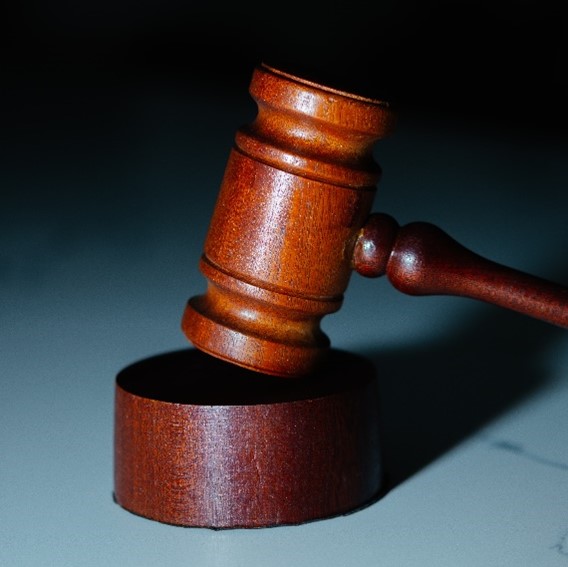When to Hire an Employment Discrimination Attorney

Recognizing Quid Pro Quo Harassment
August 14, 2024
Common Myths About Workplace Discrimination Debunked
September 3, 2024Employment discrimination is an unfortunate reality that many workers face, despite robust laws designed to protect their rights. Understanding when to hire an employment discrimination attorney can be crucial to navigating these challenging situations effectively. This article will talk about the signs that indicate the need for legal assistance, the benefits of hiring an attorney like Ty Hyderally, and what you can expect from the process.
Understanding Employment Discrimination
Employment discrimination occurs when an employee is treated unfairly based on characteristics such as race, color, religion, sex, national origin, age, disability, or genetic information. Discrimination can manifest in various ways, including unfair hiring practices, unequal pay, wrongful termination, harassment, or lack of reasonable accommodation.
Federal laws, including the Civil Rights Act of 1964 (Title VII), the Age Discrimination in Employment Act of 1967 (ADEA), and the Americans with Disabilities Act of 1990 (ADA), provide a legal framework for combating discrimination. Additionally, state laws in New York and New Jersey offer further protections.
Signs That You May Need an Employment Discrimination Attorney
- Direct or Indirect Discrimination: If you experience direct discrimination (overtly biased actions or statements) or indirect discrimination (policies that disproportionately affect certain groups), an attorney can help evaluate your case.
- Retaliation: If you have reported discrimination or participated in a discrimination investigation and faced retaliation from your employer, this is a clear sign that you need legal assistance. Retaliation is illegal under federal and state laws.
- Harassment: Persistent unwelcome behavior or comments based on protected characteristics, especially after reporting such incidents to HR, may warrant legal action.
- Wrongful Termination: If you believe you were fired based on discrimination or as retaliation for reporting discrimination, consult with an attorney.
- Failure to Promote or Hire: If you have reason to believe that you were passed over for a job or promotion due to discrimination, an attorney can assess your situation.
- Unequal Pay: If you are receiving less pay for the same work compared to others based on discriminatory reasons, this violates the Equal Pay Act of 1963 and could be grounds for legal action.
The Benefits of Hiring an Employment Discrimination Attorney
Hiring an experienced employment discrimination attorney offers several advantages:
- Expertise in Employment Law: Hyderally & Associates, as well as similar firms, are well-versed in federal and state laws and can provide valuable insights and advice tailored to your specific situation.
- Objective Evaluation: An attorney can offer an unbiased perspective on the strength of your case and the likelihood of success.
- Negotiation Skills: Attorneys can negotiate with your employer or their legal team on your behalf to seek fair compensation or a resolution without litigation.
- Representation in Court: If necessary, an attorney can represent you in court, ensuring your rights are protected and your case is presented effectively.
- Legal Documentation: Attorneys can help gather and organize evidence, draft legal documents, and file claims with the appropriate government agencies, such as the Equal Employment Opportunity Commission (EEOC).
The Process of Hiring an Employment Discrimination Attorney
- Consultation: The first step is typically a consultation, where you can discuss your case with the attorney, understand their approach, and determine if they are a good fit for your needs.
- Case Evaluation: The attorney will evaluate the details of your case, gather evidence, and advise you on the best course of action.
- Filing a Complaint: If your attorney deems it necessary, they may help you file a complaint with the EEOC or a similar state agency. This step is often a prerequisite to filing a lawsuit.
- Mediation or Settlement: In many cases, the attorney will attempt to resolve the issue through mediation or settlement negotiations before proceeding to court.
- Litigation: If a settlement cannot be reached, your attorney will file a lawsuit and represent you throughout the legal proceedings.
Working With an Employment Discrimination Attorney
Deciding when to hire an employment discrimination attorney can significantly impact the outcome of your case. If you experience any signs of discrimination or retaliation, seeking legal advice early can help protect your rights and ensure a fair resolution. With the complexities of employment law and the high stakes involved, having a knowledgeable attorney by your side can provide the guidance and support you need to navigate these challenges effectively.


